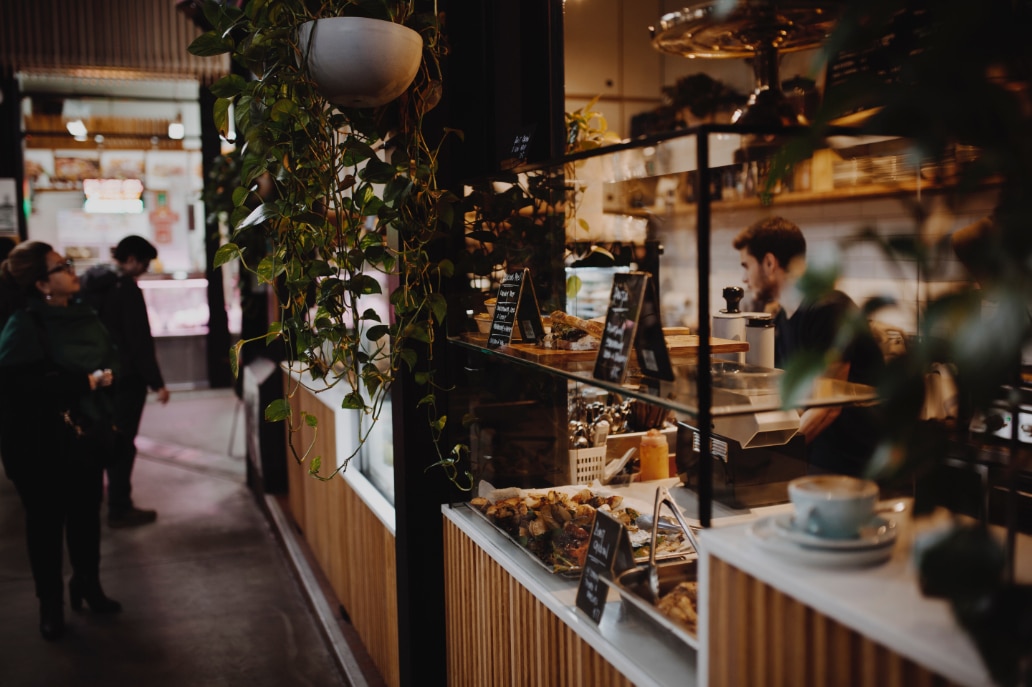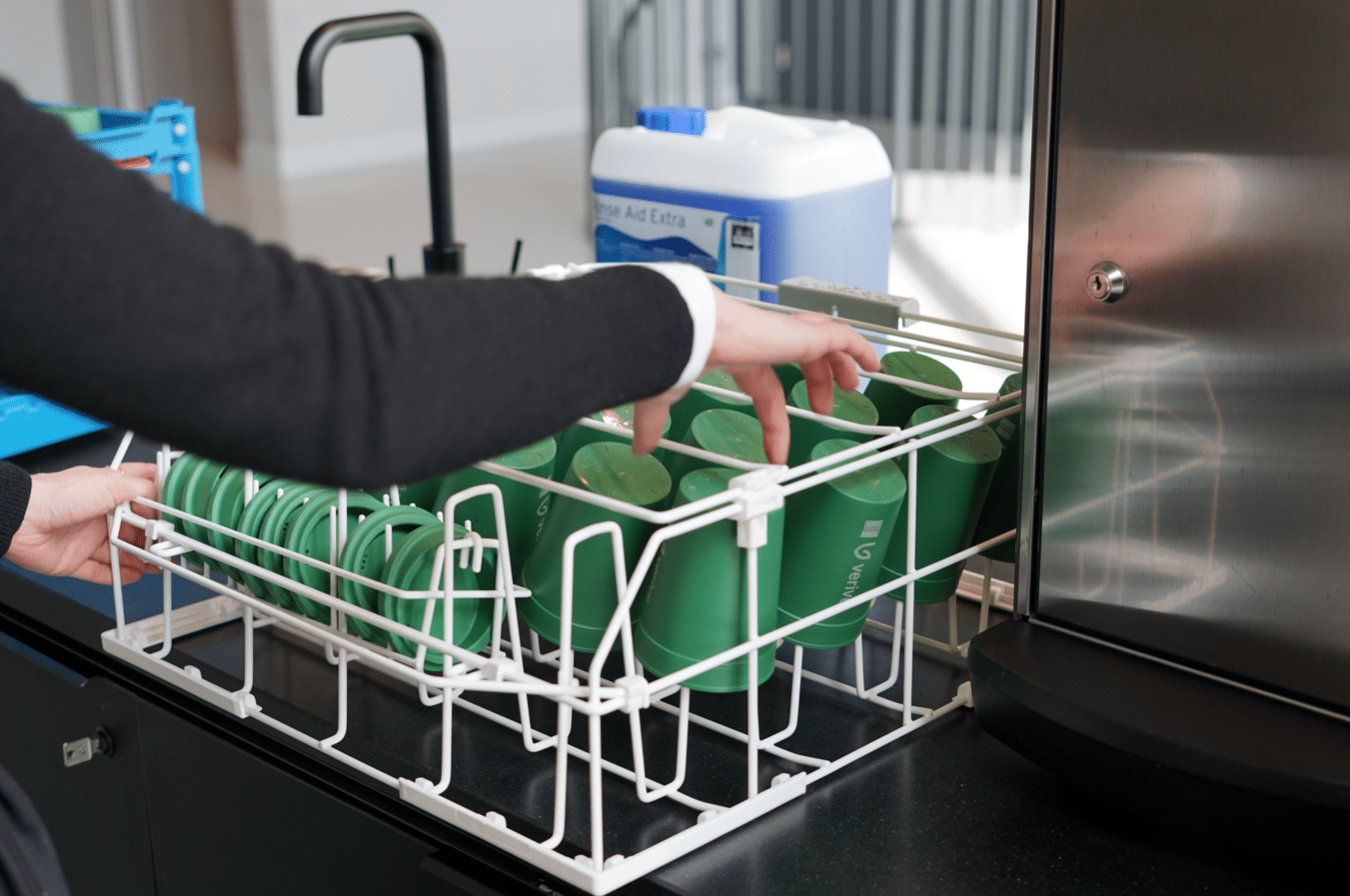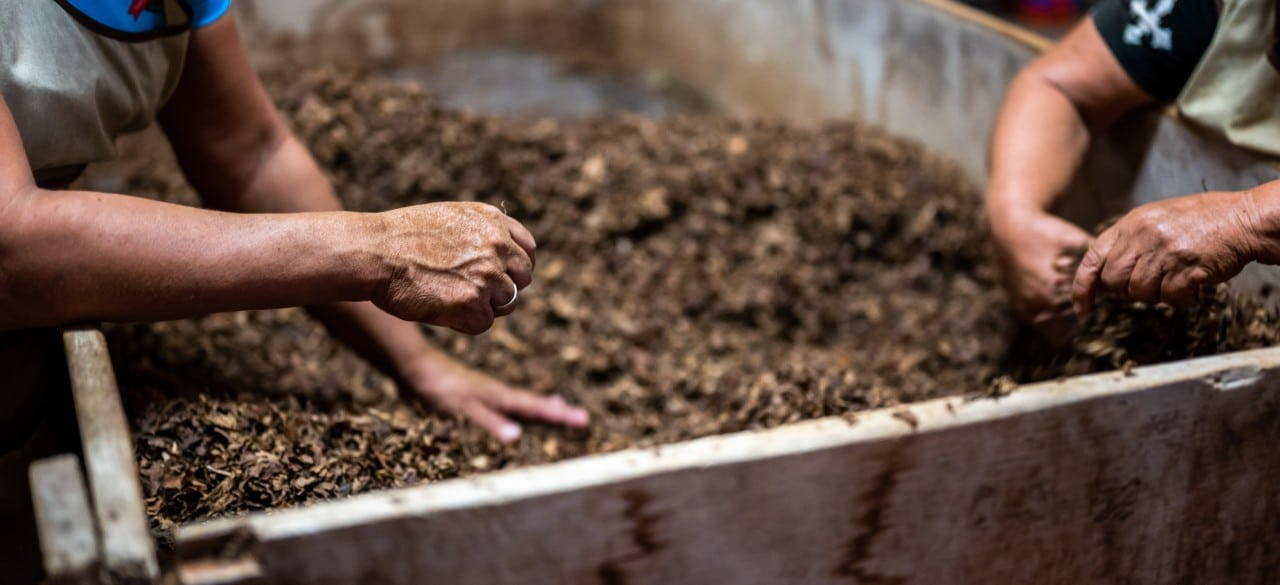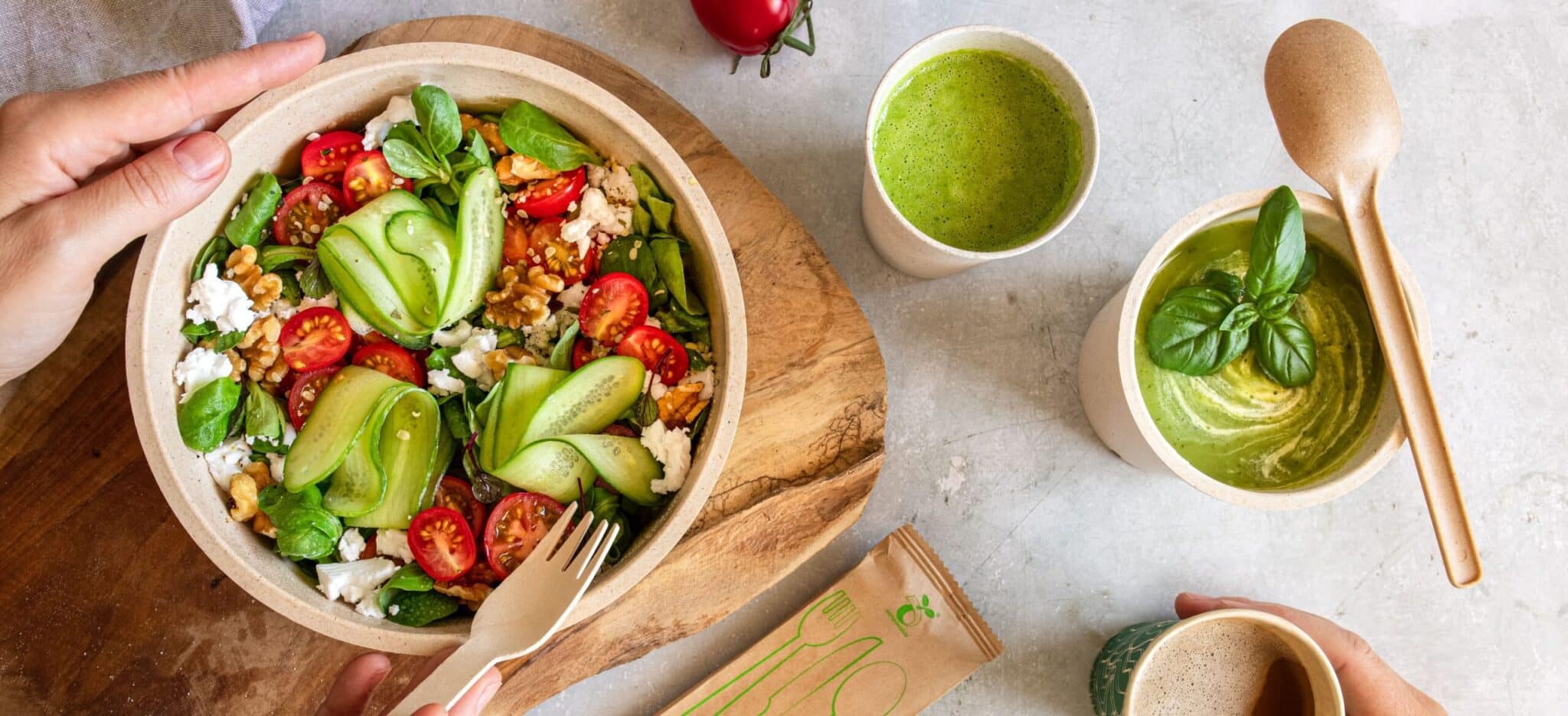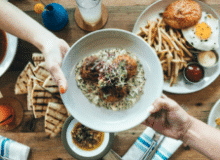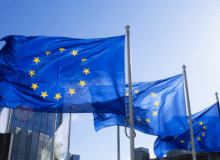About this article
The changes required by the single-use plastics directive will affect food service businesses across Europe. Here’s what you need to know, and how to make sure you’re one step ahead of the transition.
Single-use plastic packaging and tableware has come to play a big part in many food businesses’ operations, particularly since the disruptions caused by COVID-19. As well as helping with health and safety, plastic can help to prevent food waste and minimise transport emissions compared to heavier materials. It’s a useful material – but causes damage and waste when it is disposed of incorrectly. People typically value single-use items less than reusable ones, making them more likely to be disposed of carelessly and end up littering our seas.
The single-use plastics (SUP) directive is a set of measures introduced by the European union into legislation. As of 3 July 2021, these measures ban the use of certain types of single-use plastic items such as cutlery, plates, straws and expanded polystyrene (EPS) food containers.
Changes like these can be a challenge, especially for small businesses. Read on to see some of our customers’ key questions, answered – and learn more about how Verive can help you make a hassle free transition.
What changes are being made?
The overall goal of the SUP directive is to reduce the amount of single-use plastic being used every day – and the first step towards this is to limit use of some of the items most commonly found in our seas. From 3 July 2021, single-use plastic straws, plates, cutlery, stirrers, EPS food containers and cups and oxo-degradable products will all be banned. From 2022, there will be reduction measures (that are currently undefined) placed on plastic food containers and cups; and from July 2024 plastic bottles will be subject to design requirements that improve their environmental footprint. Other (non-food related) items are also included in the directive: read our full breakdown here.
What alternatives are available?
There are many alternatives for the packaging and tableware products that will be banned from 3 July 2021. We offer a number of alternatives that are also widely available: bamboo and wood cutlery; bagasse and paper plates (with no plastic coating); and paper straws (ours are made from four layers to make them more durable and user-friendly).
What about single-use coffee cups?
Cups won’t be banned, but from 3 July 2021 they will be required to carry specific markings showing a turtle and a littered cup. If they are made partly from plastic (such as paper or bamboo cups with any type of plastic lining), the marking will read ‘plastic in product’; if they are made wholly from plastic the marking will read ‘made of plastic’.
Cups will also be subject to reduction measures from 2022 – which, depending on the country, could include consumption reduction targets, bans or deposit return schemes.
What about plastic bottles?
Plastic bottles are not included in the measures being introduced in 2021. However, the directive requires that by 2024, all beverage bottles with a capacity of up to three litres should have a tethered cap. It also includes a goal to integrate 25% recycled plastic by 2025 in PET bottles, and 30% by 2030 in all beverage bottles.
Are bioplastics such as PLA banned?
The SUP directive includes single-use items made from bio-based plastics like PLA, as well as biodegradable single-use plastic. That said, it is the specified items (cutlery, plates, straws etc) that are banned, rather than the use of certain materials more generally – so PLA cutlery is banned, but PLA as a material is not banned for other uses.
If you have stock of banned single-use plastic products you can still use them
What about recycled PET (rPET) materials and products?
It is unlikely that products made from rPET will be banned – especially given that the SUP directive includes a goal to integrate 25% recycled plastic by 2025 in PET bottles, and 30% by 2030 in all beverage bottles.
However, rPET products will likely be impacted by the overall objective to reduce single-use plastics, so there could be limitations on their usage. There will continue to be applications where rPET is the best option, and applications where it is not – so we will offer both options as well as detailed information to help you make a fully informed choice.
What happens if I have stock?
If you have single-use plastic products in stock that are banned under the SUP directive, you can still use them – provided they have been manufactured in or imported into your country before 3 July 2021.
Will extended producer responsibility (EPR) impact me as a business owner?
From 2024, Member States will need to implement Extended producer responsibility (EPR) systems which makes producers of certain goods responsible for the treatment or disposal of these goods once they have been used by consumers. EPR applies to all single-use plastic products for which there is an alternative readily available, including products that are not specifically banned.
If you are a restaurant, hotel or hospitality business owner then you will not have direct EPR, but will be indirectly affected by the changes to pricing that will arise from producers’ greater responsibility.
How can I be sure I am compliant as a business?
The best way to ensure your business is compliant is to ensure that you do not use or offer customers any single-use plastic straws, stirrers, cutlery or plates, or any EPS containers or cups. Make plans to replace your current stock of these items with compliant products before 3 July 2021. If your existing supplier still has stock, you can use it until they run out – but after this point, you are required to switch to compliant products.
All Verive products are compliant with the SUP directive, and we can assess your current products to suggest appropriate and effective replacements.
What happens if I am not compliant?
The consequences for businesses that fail to comply with the SUP directive after 3 July 2021 are not yet defined. However, our sustainability experts believe it is most likely to involve a fine.
We have carefully selected all Verive products to be compliant with upcoming SUP directive legislation. Our range of packaging and tableware products continues to expand, and will always include detailed and transparent information about each product’s compliance with the directive. Choose with confidence from our online shop, or get in touch with our team for help with choosing the right alternatives for your business.
